Olive oil, commonly pale yellow to light green, is produced by pressing olives. Much of the world’s supply comes from the Mediterranean, particularly Spain, Greece, and Italy.
Rich in fatty acids and antioxidants, olive oil’s distinct chemical makeup is one reason certain cultures have long used it to enhance hair texture and appearance.
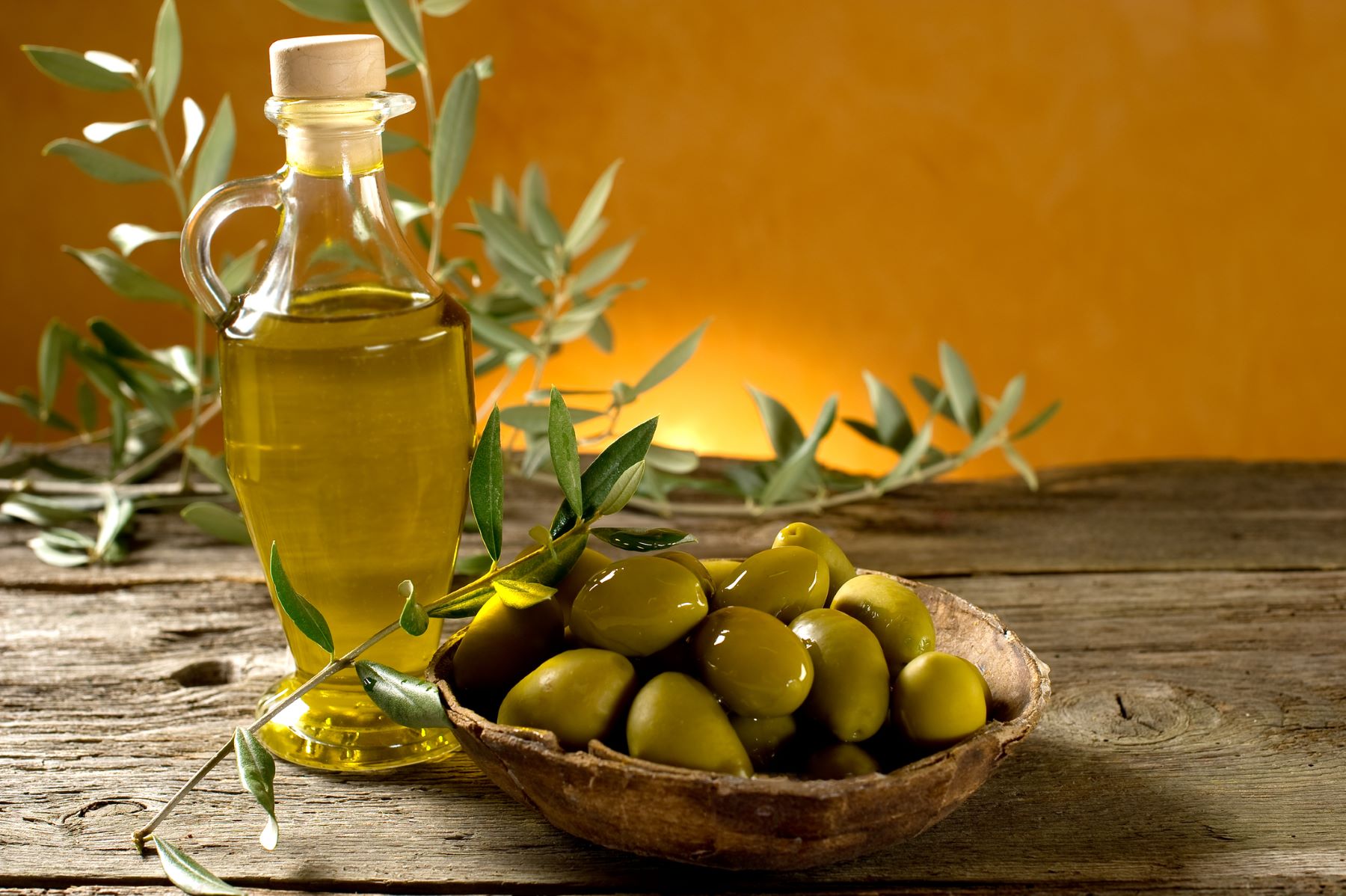
Some evidence indicates olive oil may calm the scalp, fortify hair follicles, and possibly encourage hair growth. Below we examine the research on using olive oil to support stronger, longer hair.
The research
In a study, investigators observed that applying compounds derived from the olive tree encouraged hair growth. Still, this research doesn’t answer all questions about olive oil and hair growth.
For one, it’s unclear whether these findings apply to human hair. Also, we can’t assume olive oil itself produces the same effect as other olive-tree components studied.
Here’s what we do know: olive oil comes from the tree Olea europaea, and a fatty acid called oleic acid constitutes a large portion of its makeup. Oleic acid has antioxidant properties, which can slow processes linked to hair thinning.
Olive extracts may also contain antimicrobial elements that could support a healthy scalp environment.
Olive oil has demonstrated potential to help reduce and possibly prevent split ends.
So while definitive proof that olive oil speeds hair growth is lacking, it does possess protective and nourishing qualities that can make hair look and feel healthier.
Those improvements can create the impression of faster growth, even though there’s no evidence olive oil actually increases hair growth rate.
Olive oil hair treatment
Olive oil is listed as an active component in many haircare products, including certain shampoos and conditioners.
If you favor a DIY approach, you can use pure olive oil as a mask by applying it to your scalp. Here are the steps for using olive oil as a home treatment aimed at supporting hair health:
Remember, this is not a treatment you must perform every day.
Applying an olive oil mask weekly or even a couple times per month may be sufficient to notice stronger hair. As for any hair-growth benefits, results will differ between individuals.
Egg and olive oil
A common at-home remedy to encourage quicker hair growth mixes egg yolk with olive oil and applies it to the scalp. It may sound messy, but there could be science behind this traditional method.
Egg yolk has been reported to stimulate hair growth because it contains a compound researchers have referred to as a “hair growth peptide.” Note, however, that this research evaluated oral consumption rather than topical use of egg yolk.
Given that olive oil might offer hair-stimulating qualities and egg yolk could as well, combining them may enhance results for some people.
Hair types
Theoretically, olive oil’s effects on hair should not differ by color or texture. Anecdotally, though, some hair types report greater benefit from olive oil treatments.
People with naturally curly hair or hair damaged by chemical processing often report better outcomes, though scientific evidence to confirm this is lacking.

Curly, natural, and color-treated hair can appear shinier and fuller after several applications of olive oil.
Regarding actual acceleration of hair growth, there’s no reason to believe hair color or type changes olive oil’s impact. Olive oil is likely to strengthen hair across types, creating the appearance of faster-growing hair.
Other alternatives
If your goal is to speed up hair growth, there are alternatives to olive oil. Other home remedies commonly used to strengthen and support hair include:
- peppermint essential oil
- rosemary essential oil — if you want more on rosemary-based approaches, see rosemary oil for hair.
- coconut oil — for DIY coconut oil tips, check beauty skin care coconut oil for hair growth.
Always dilute essential oils prior to application. A common approach is to add three to four drops to a tablespoon of a carrier oil, such as olive oil, before massaging into the scalp.
A balanced diet rich in vegetables and protein supports healthy hair. Ensuring you’re not iron deficient is also important, as low iron has been linked to hair loss.
For conventional medical treatments, minoxidil (Rogaine) and finasteride (Propecia) are commonly prescribed. Finasteride is FDA-approved only for male pattern baldness.
Both medications aim to slow or prevent hair loss rather than accelerate hair growth, and both can cause side effects.
»MORE:Get an online treatment plan for male hair loss in as little as 15 minutes with Optum Now Online Care.Optum Now is run by RVO Health. By clicking this link, we may earn a commission. Learn more.
The bottom line
Olive oil may support healthy hair, but current science does not definitively prove it will stimulate hair growth.
It contains proteins, antioxidants, and antimicrobial compounds that could promote hair health.
Over time, using olive oil may strengthen hair follicles, extend the lifespan of individual hairs, and create the impression of quicker growth.
All in all, olive oil is an inexpensive, low-risk haircare option, and trying it is unlikely to cause harm.


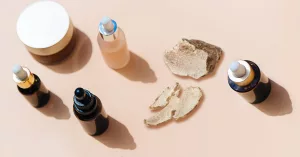
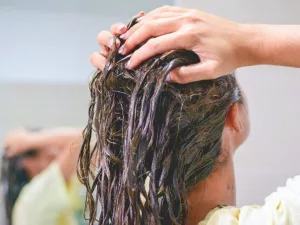

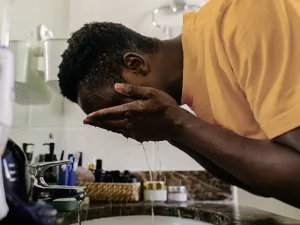
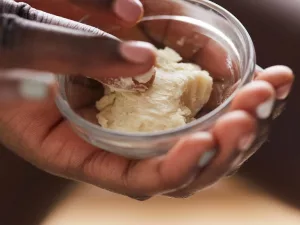
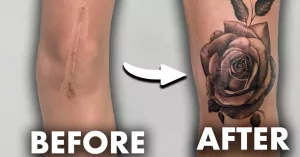
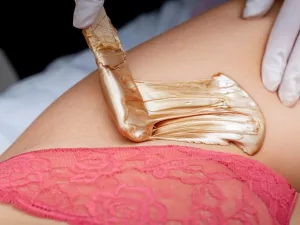






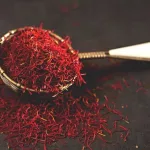





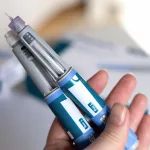


Leave a Reply
You must be logged in to post a comment.